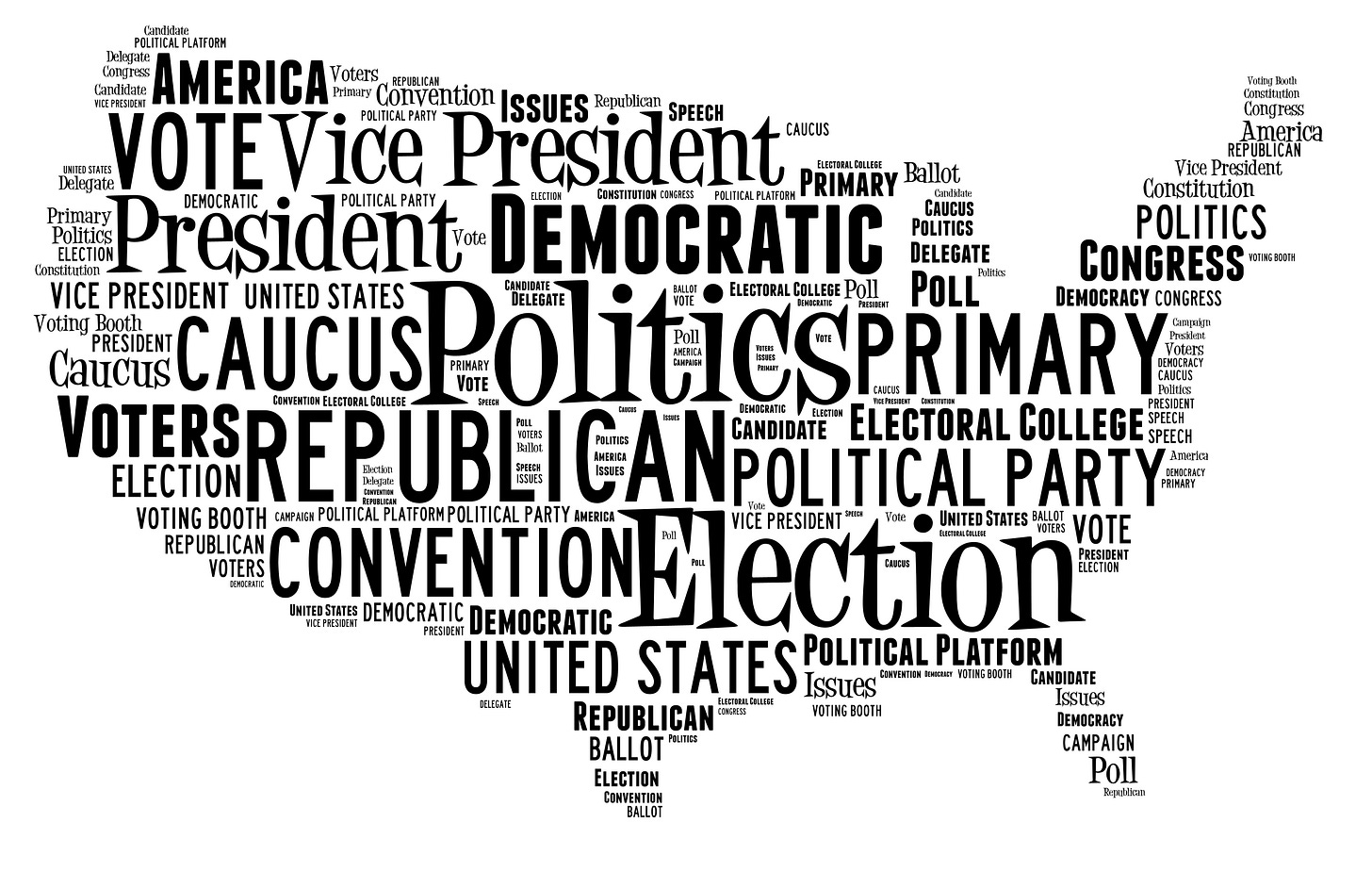Prestige vs. Dominance: Leadership Matters in the U.S. Presidential Election
A C-Suite Quick Take
The 2024 U.S. presidential race has come down to an exceptionally close contest between two vastly different candidates. Age, gender, race, policy positions—on nearly every level, Donald Trump and Kamala Harris could not be more distinct. But, one difference has been largely overlooked, even though it may ultimately hold the key to the outcome of this election: their leadership appeal and style.
Leadership Appeal - Prestige vs. Dominance
To understand why the race remains so close despite the candidates’ stark differences, we can look at two deeply rooted leadership styles that have evolved over millennia and are still deeply embedded in human psychology: prestige and dominance.
Social psychologists tell us that prestige and dominance represent two distinct strategies humans use to gain status and leadership roles in groups. The prestige model emerged in relatively egalitarian hunter-gatherer societies, where leaders were respected for their expertise and skill, and others willingly deferred to them out of admiration. Prestige, in essence, involves leading by example and guiding through respect.
In contrast, the dominance model is even older, dating back millions of years, and is rooted in a form of leadership driven by hierarchy and force. Dominance-based leaders command through power, asserting authority rather than seeking to earn it. Humans, like many social animals, are wired to respond to this form of leadership, especially when they feel vulnerable or under threat. In times of fear and insecurity, dominance can become more attractive, as people look for leaders who will assert control and protect the in-group from any number of out-groups.
In today’s political landscape, Trump embodies the dominance style. His rhetoric, directness, and confrontational approach represent a throwback to a leadership style that thrives on authority, simplicity, and control. Many of his supporters see him as a protector of a traditional America they believe is being threatened and eroded. His appeal stems from a perceived ability to restore strength and order, even if it means breaking conventions. Trump’s leadership style is one of decisive force, and in a time of social, economic, and geopolitical uncertainty, this kind of appeal resonates with millions of Americans.
On the other hand, Harris represents the prestige model. Her leadership appeal is grounded in expertise, collaboration, and skill. She brings with her years of experience as a prosecutor, senator, and vice president. But in this election, these qualities are simply not resonating as strongly as one might expect. Her approach, based on competence and collaboration, is inherently less polarizing and often lacks the immediate, visceral pull that dominance-based leadership can provide. Moreover, her visibility has been comparatively low, and entering the race as the accidental “last-minute” candidate against an already dominant Trump has put her at a significant disadvantage.
For Harris, there are additional barriers to being seen as a prestige leader. Her race and gender, while celebrated by many, have also made it harder for her to be accepted by a broad range of voters, who may not perceive her as embodying the stereotypical “protector” image. Together, these factors make it difficult for Harris to capitalize on her strengths as a prestige-oriented leader in a race where dominance may be the more appealing leadership style.
Leadership Style - America and the World
This contest between two divergent leadership styles has profound implications, not only for America but for the world at large. The winner’s leadership approach will likely set the tone for how America navigates the challenges and transitions that define our current moment: global economic shifts, changing geopolitical alliances, climate concerns, and technological transformation.
As a dominance-based leader, Trump is more likely to focus on self-sufficiency, nationalism, and strength. His approach could mean a retraction from global partnerships in favor of policies that promote “America First.” This could lead to greater isolationism, with America’s allies facing a less predictable partner on the world stage. For businesses and industries worldwide, this may also mean increased protectionism and unpredictability in international markets, as the U.S. pursues more unilateral economic and trade policies.
Conversely, Harris, as prestige-based leader, may be more inclined to work within the existing international system and foster collaboration. Her leadership would likely emphasize rebuilding alliances, supporting multilateral initiatives, and finding common ground on issues like climate change and global trade. For international relations, this approach could mean greater stability, as the U.S. re-engages with allies and leverages shared expertise to tackle complex issues.
The Stakes
The 2024 election comes at a pivotal time. Global dynamics are shifting, and major questions loom about the future of democracy, capitalism, trade, and security. The leadership style America chooses could influence not only the trajectory of the U.S. but also shape the future of the global system. America’s approach to power—whether grounded in collaboration or control—will have a cascading effect on global economic policies, diplomatic relations, and responses to urgent global crises. In the end, this election will be a referendum on what kind of leadership Americans want and what kind of future they envision. The answer will not only shape the coming years in America but could define a new era in world history as well.


